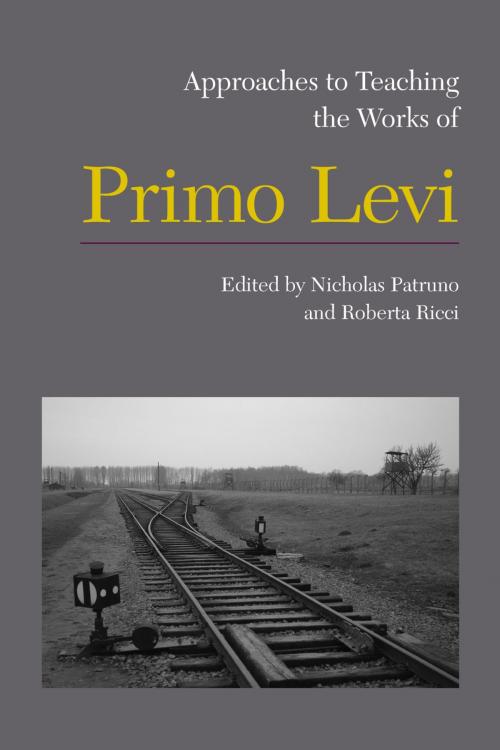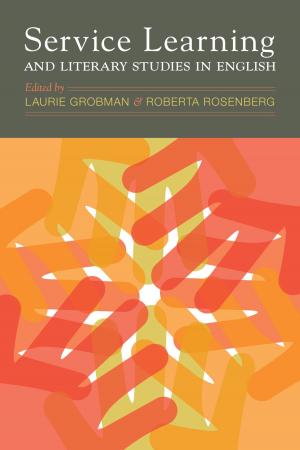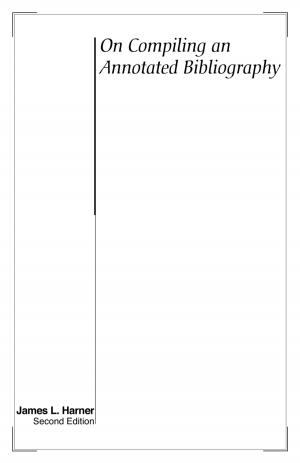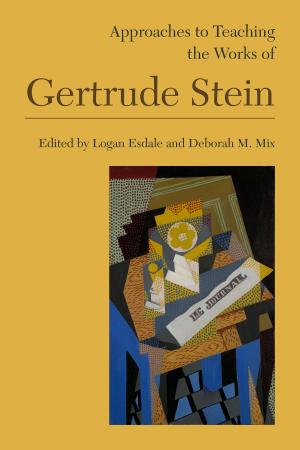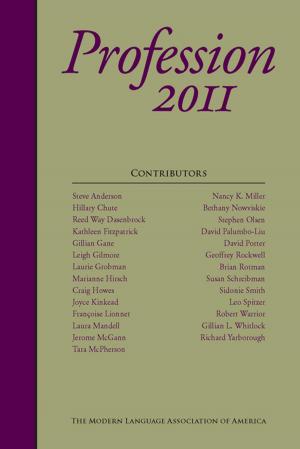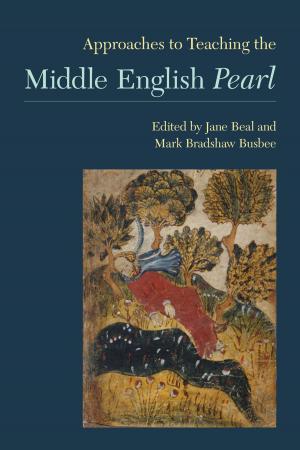Approaches to Teaching the Works of Primo Levi
Fiction & Literature, Literary Theory & Criticism, Jewish, European, Italian, Nonfiction, Reference & Language, Language Arts, Study & Teaching| Author: | ISBN: | 9781603291798 | |
| Publisher: | The Modern Language Association of America | Publication: | November 1, 2014 |
| Imprint: | The Modern Language Association of America | Language: | English |
| Author: | |
| ISBN: | 9781603291798 |
| Publisher: | The Modern Language Association of America |
| Publication: | November 1, 2014 |
| Imprint: | The Modern Language Association of America |
| Language: | English |
Primo Levi, Holocaust survivor and renowned memoirist, is one of the most widely read writers of post-World War II Italy. His works are characterized by the lean, dispassionate eloquence with which he approaches his experience of incarceration in Auschwitz. His memoirs--as well as his poetry and fiction and his many interviews--are often taught in several fields, including Jewish studies and Holocaust studies, comparative literature, and Italian language and literature, and can enrich the study of history, psychology, and philosophy.
The first part of this volume provides instructors with an overview of the available editions, anthologies, and translations of Levi's work and identifies other useful classroom aids, such as films, music, and online resources. In the second part, contributors describe different approaches to teaching Levi's work. Some, in presenting Survival in Auschwitz, The Reawakening, and The Drowned and the Saved, look at the place of style in Holocaust testimony and the reliability of memory in autobiography. Others focus on questions of translation, complicated by the untranslatable in the language and experiences of the concentration camps, or on how Levi incorporates his background as a chemist into his writing, most clearly in The Periodic Table.
Primo Levi, Holocaust survivor and renowned memoirist, is one of the most widely read writers of post-World War II Italy. His works are characterized by the lean, dispassionate eloquence with which he approaches his experience of incarceration in Auschwitz. His memoirs--as well as his poetry and fiction and his many interviews--are often taught in several fields, including Jewish studies and Holocaust studies, comparative literature, and Italian language and literature, and can enrich the study of history, psychology, and philosophy.
The first part of this volume provides instructors with an overview of the available editions, anthologies, and translations of Levi's work and identifies other useful classroom aids, such as films, music, and online resources. In the second part, contributors describe different approaches to teaching Levi's work. Some, in presenting Survival in Auschwitz, The Reawakening, and The Drowned and the Saved, look at the place of style in Holocaust testimony and the reliability of memory in autobiography. Others focus on questions of translation, complicated by the untranslatable in the language and experiences of the concentration camps, or on how Levi incorporates his background as a chemist into his writing, most clearly in The Periodic Table.
